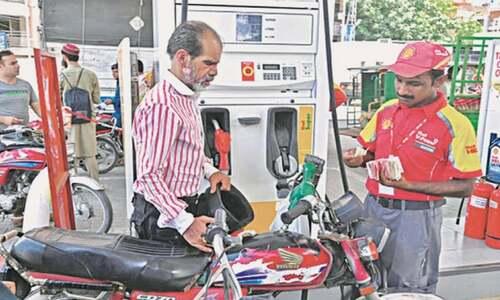THE Supreme Court-sanctioned inquiry into the infamous Faizabad dharna of 2017 has turned out to be a damp squib. A three-member commission tasked with overseeing the inquiry recently concluded its investigation and seemingly chose to close the matter while avoiding further controversy. It signed off with some lame recommendations on the need for legislation, rules and SOPs to regulate the workings of various intelligence agencies, which, in any case, should not be involved in matters that can be handled by the civilian leadership. Describing the armed forces as the “sacred arm of the state”, the report finalised by the commission politely noted that when the institution or any of its affiliated agencies get involved in civilian matters, it is the image of the institution that is exposed to risk, especially if the outcomes of the involvement run contrary to public expectations. In the same vein, it recommended that the FC and Rangers’ troops be pulled from urban areas, seemingly so that civilian agencies can resume the roles that have gradually been taken from them and given to these paramilitary forces.
Meanwhile, the report put the blame for the botched handling of the 2017 Faizabad protests on the provincial government of the time and seemed to exonerate the then DG Rangers and DG ISI of any malfeasance in their handling of the TLP’s violent dharna on the basis of lack of supporting evidence. However, even where the report seemed to be clear about where the responsibility should be fixed, it shied away from naming individual culprits. Instead, the report’s authors seemed content with the low-hanging fruit: for example, calling for cases against the protesters filed during the sit-in to be reopened and prosecuted and making routine counterterrorism-related policy recommendations that have already been discussed ad nauseam over the years. This is bound to raise eyebrows. After all, the report considers those who participated in the Faizabad dharna as terrorists, yet does not seem to want to hold accountable anyone who gave them the space to terrorise the public. Be that as it may, it is hoped that the observations and recommendations shared in the report will at least be heeded and, at best, quickly implemented. The country has suffered much from its cities periodically being held hostage by extremist outfits. It is time to put an end to such practices.
Published in Dawn, April 17th, 2024










































Dear visitor, the comments section is undergoing an overhaul and will return soon.